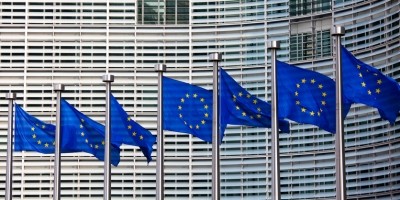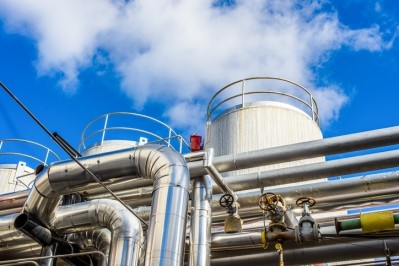EU lawmakers preserve role for crop-based biofuels but soy oil excluded

However, the EU Parliament’s industry committee has maintained the framework for other first-generation crop-based biofuels, as suggested by the EU Commission, including the 7% cap on the quantity of those that can be used in the transport sector.
The Industry, Research and Energy Committee (ITRE) position on the Renewable Energy Directive (RED) was adopted by a vote on Wednesday, July 13, with 54 in favor, 14 against, and 6 abstentions.
The policymakers voted to raise the share of renewables in the EU's final energy consumption to 45% by 2030, under the revision of that directive.
In the transport sector, they said renewables deployment should lead to a 16% reduction in greenhouse gas emissions, through the use of higher shares of advanced biofuels and a more ambitious quota for renewable fuels of non-biological origin such as hydrogen.
Soy sustainability concerns
Markus Pieper (EPP, DE), lead MEP on the renewable energy directive, in a press briefing after the vote said the MEPs want to ensure that palm oil and soy would no longer be counted towards the quota for first-generation biofuels “as soon as the directive enters into force.”
“We excluded soy because we have our doubts about the sustainable conditions in [which] third world countries deliver it for Europe,” he added.
'A positive step'
EU biofuels, food and feed trade groups welcomed the industry committee’s vote.
“The EU Parliament has taken a positive step on EU renewable energy policy as ITRE Committee members voted decisively in favor of increasing the ambition for GHG emissions reduction in transport while leaving member states free to use crop-based biofuels in their transport energy mix.
“ITRE members [have] signaled that sustainably produced crop-based biofuels do play an important role in transport decarbonization – today and tomorrow.”
They said the position adopted by the ITRE members was an improvement on the “misguided approach toward agriculture” taken by the ENVI committee, which “would severely reduce the cap on crop-based biofuels and create a gap in the transport energy mix that would have to be filled by imported fossil fuels.”
However, FEDIOL disputes the wisdom of removing soy as an EU biofuels feedstock.
Nathalie Lecocq, director general of that organization, told us: "Although we welcome that the ITRE Committee maintained the 7% cap for crop-based biofuels, which is a positive signal, supportive of long term food security, of EU protein production and of climate mitigation, we regret the change in the high carbon stock expansion threshold for assessing the ILUC-risk status. This is obviously targeting soy. If soy was excluded as feedstock for biodiesel production, this would have a disruptive impact on the soy supply chain, in particular on EU soy crushing."
The trade groups call on decision makers to recognize the synergies between food, feed, and energy value chains in the EU.
The full EU Parliament will decide, in plenary, in September on a final position on renewables and energy efficiency reforms.
Background
On July 14, 2021 the EU Commission adopted the 'Fit for 55' package, adapting existing climate and energy legislation to meet the new EU objective of a minimum 55% reduction in greenhouse gas (GHG) emissions by 2030.
One element of the package is the revision of the Renewable Energy Directive (RED II), which will help the EU deliver the new 55% GHG target. Under RED II, the EU is obliged to ensure at least 32% of its energy consumption comes from renewable energy sources (RES) by 2030.
The 'Fit for 55' package also includes a recast of the Energy Efficiency Directive (EED), aligning its provisions to the new 55% GHG target. The EED currently sets out the level of energy savings the EU needs to make to meet the agreed goal of 32.5% energy efficiency improvements by 2030.
The recast would require member states to almost double their annual energy savings obligations, with a flagship role for governments and public sector investment, action to address energy poverty, and other measures to help to deliver further energy savings.













